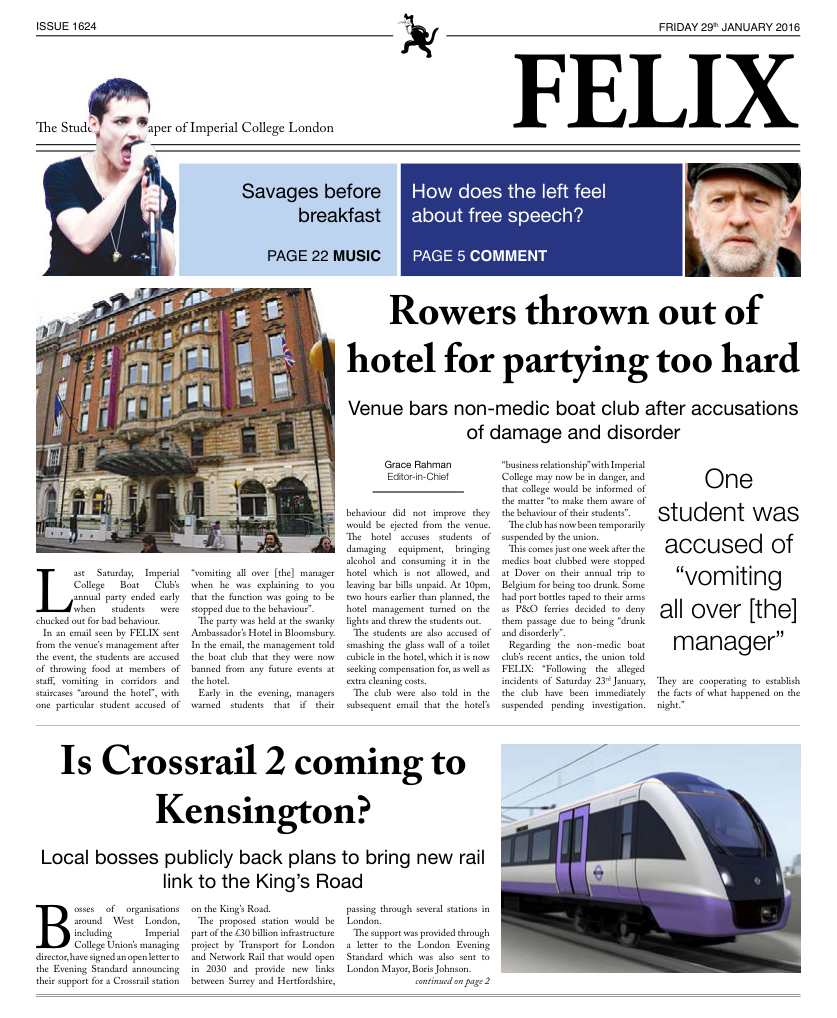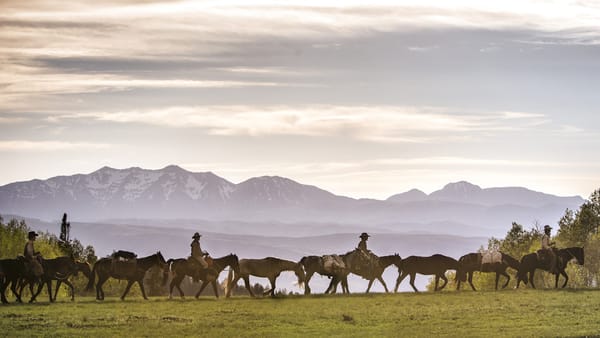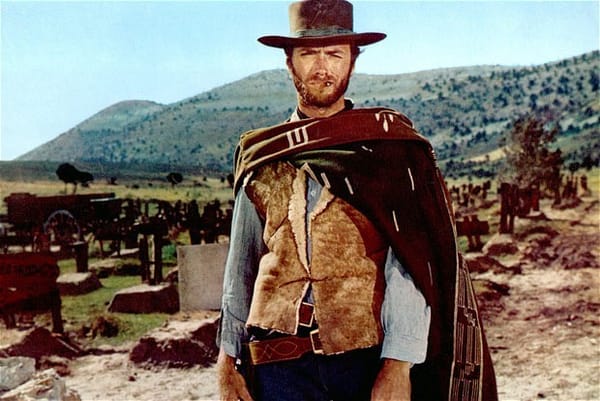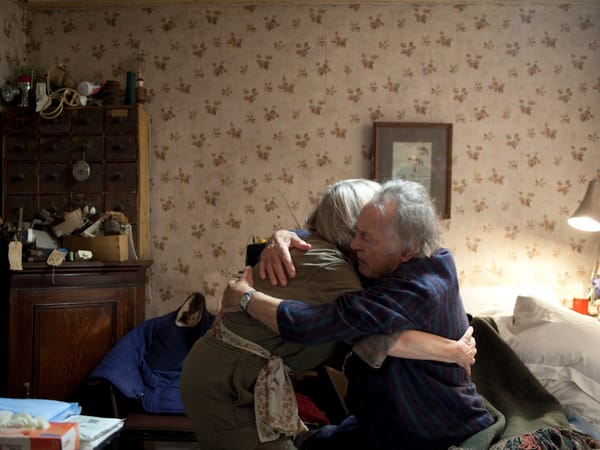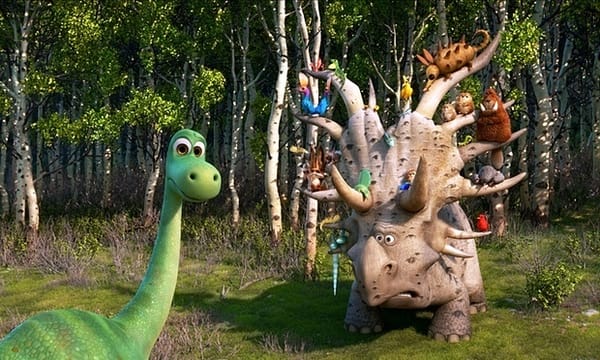The Assassin fails to impress
Plot trumps substance in this Taiwanese flick
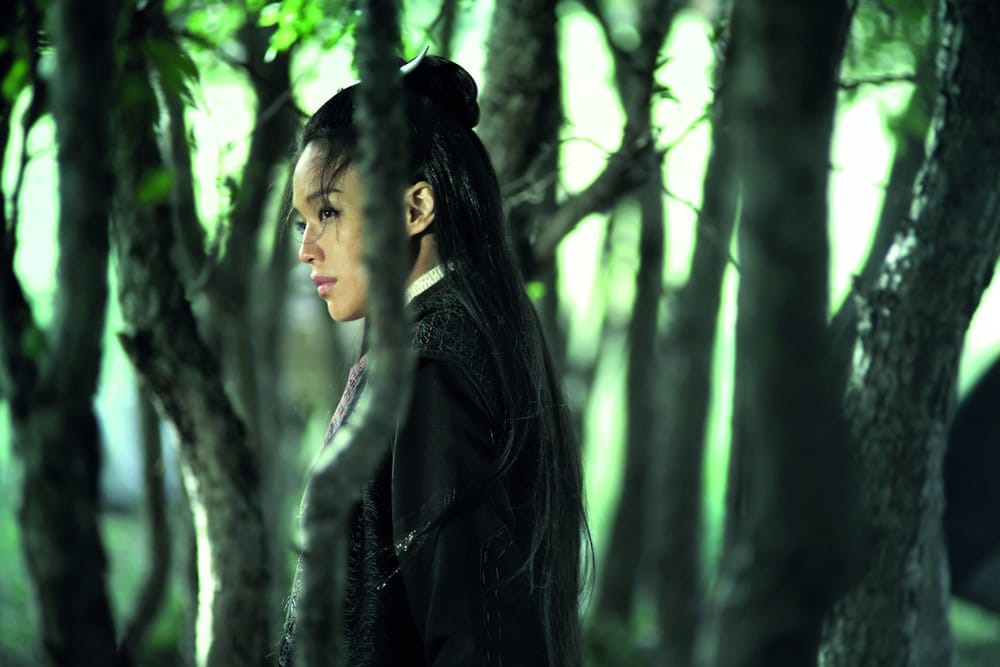
I tried to like The Assassin. I really, really did try. First hearing about it during its rapturous reception in Cannes, where Hou Hsiao-Hsien became the second Taiwanese director in the festival’s history to win the coveted Best Director Award, I watched as it made its way towards a UK release, pushed along by wave after wave of ecstatic reviews. After seeing it at the London Film Festival I was left disappointed; the glacial pace of the film meant there were many points where I drifted off. But then a few months later, The Assassin was named Sight and Sound’s best film of 2015. I must have been overtired, I rationalised to myself; I ought to give it another shot, and really focus this time, to try and catch what I had missed. Well, call me a philistine, but I really didn’t get it – Hsiao-Hsien has indeed created a thing of beauty, a work of art in the most aesthetic sense of the word, but his insistence of keeping the audience removed from the work results in a feeling of tedium and overwhelming isolation.
Set in 8th Century China, The Assassin’s premise is that a young woman from the province of Weibo was given away to a nun at a young age, who trained her up to become a master of the sword, and a lethal assassin. After fobbing an assignment, she is returned home, under strict instruction to kill her cousin, to whom she was once betrothed. This is all explained in the first five minutes of the film, a stunning black and white tableau of nature and violence; to say that the plot only thickens from there is an understatement. A political rivalry between Weibo and the Imperial Court, along with a revolving cast of characters, whose presence is unexplained or justified, means that often we are swimming in a sea of confusion without the lifejacket of context. While a second viewing revealed more of the plot, the entire set-up was so impenetrable that at some points I felt it would be more worthwhile to ignore the subtitles on the screen, and just let the poetic visuals wash over me.
And what visuals these are. Hsiao-Hsien is a master behind the camera, constructing intricate interior scenes, where billowing silk obfuscates the view of the lens, which contrast with the vast dramatic landscapes of rural China. Cinematographer Mark Lee Ping Bin, of In the Mood for Love fame, gracefully handles the interplay of light within the film, providing Hsiao-Hsien with a ravishing colour palette from which to construct this visual tone-poem.
But while the style is there, a sense of substance isn’t – or at least, it’s so deeply buried within the labyrinthine plot as to make it invisible. While Ang Lee’s Crouching Tiger, Hidden Dragon may have elevated wuxia films to high-art, making them appealing to Western viewers, The Assassin tries to take things to another level; however, the high-intensity nature of wuxia and the laconic character of the film are uneasy bedfellows. Ultimately, The Assassin reminded me so much of the pots produced during the Tang Dynasty in which the film is set: stunning to look at, with a glossy surface of gilded colour, but hollow on the inside.


